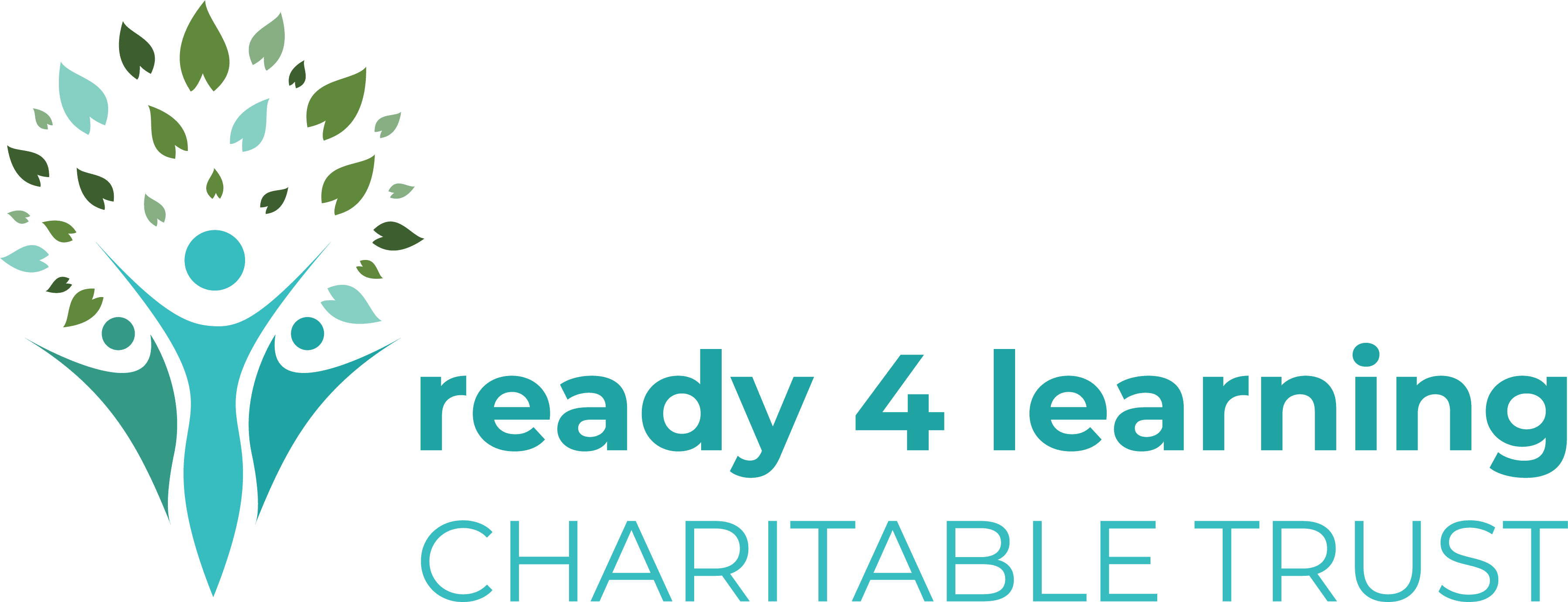Nurturing every child's potential
The Ready 4 Learning Framework
Many tamariki enter the classroom unable to sit still on the mat, unable to hold a pencil correctly or have difficulty recalling letter sounds. Our Ready 4 Learning framework and resources support the foundation skills for learners to successfully access the curriculum.
Our Stories
What are foundation skills?
Contrary to common belief, foundation skills extend beyond basic literacy and numeracy, such as knowing the alphabet, sounds, and counting. They encompass a broad spectrum of abilities that support a child’s development prior to and during formal education. After extensive research, Ready 4 Learning has crafted a developmental framework that categorises these skills into six key areas:
Moving – Fine and Gross Motor Skills: The physical abilities that enable children to perform everyday activities.
Memory: The capacity to store and retrieve information, which is crucial for learning.
Speaking: The ability to express thoughts and ideas clearly and confidently.
Seeing: Visual skills that help in recognizing patterns, shapes, and colors.
Hearing: Auditory skills important for understanding spoken language and sounds.
Key Competencies: Dispositions such as curiosity and the willingness to try new things.
Self management for young learners
In the dynamic landscape of early childhood development, fostering essential life skills is pivotal for laying the groundwork for success and well-being. Among these crucial skills, self-management stands out as a cornerstone for a child’s growth. Learning to “give things a go,” embrace risk-taking, complete tasks, be responsible, persevere, stay self-motivated, and learn from mistakes are invaluable attributes that set the stage for a resilient and confident individual. The significance of teaching young children self-management skills and how these skills empower them to meet challenges head-on cannot be underestimated.
Teaching young children to “give things a go” involves instilling a growth mindset. Embracing challenges, whether big or small, allows children to develop a sense of curiosity, creativity, and a willingness to explore. By encouraging them to step outside their comfort zones, educators and parents play a crucial role in nurturing a mindset that perceives challenges as opportunities for growth rather than insurmountable obstacles
